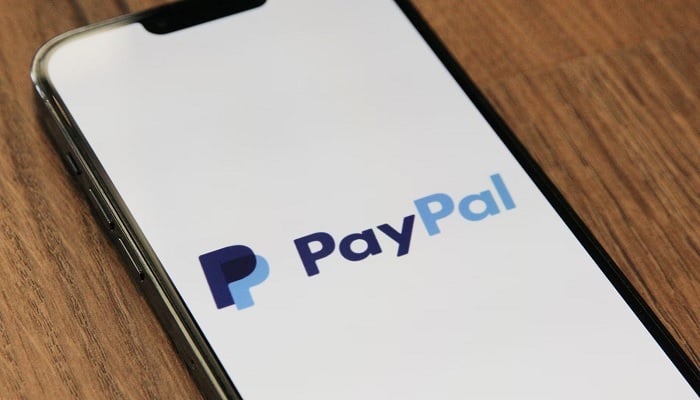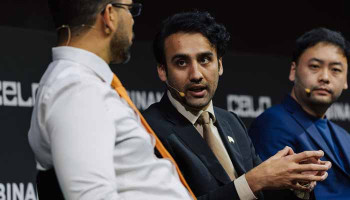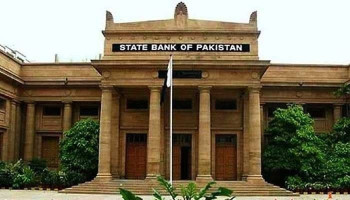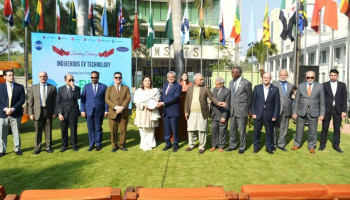
Pakistan is on the brink of welcoming PayPal into its financial ecosystem, signalling a milestone collaboration with an established international payment gateway tailored to serve the country's burgeoning freelance and IT professional community. The imminent joint venture announcement is slated for the coming week.
Dr Umar Saif, the Caretaker Minister for IT and Telecom, revealed that PayPal's entry into Pakistan will transpire indirectly through this strategic alliance. This heralds a significant stride for the nation's freelance sector, which stands at approximately 1.5 million professionals, positioning Pakistan as the fourth-largest contributor globally.
This breakthrough follows persistent efforts by previous administrations to persuade PayPal to operate within Pakistan's borders, overcoming hurdles citing security apprehensions.
Dr Saif underscored the potential positive ramifications on IT exports and remittances from freelancers, accrediting recent initiatives supporting a more liberal financial framework for this uptick.
Pointing to a 13% surge in IT export inflows for November, Dr Saif emphasised the ministry's diverse initiatives, such as smartphone provision through instalment plans, standardized quality assessments for IT graduates, and the ratification of the National Space Policy. Anticipating the launch of 5G services in Pakistan by July 2024, he outlined plans for a spectrum auction offering 300 MHz.
With a vision to elevate IT exports from $2.6 billion to approximately $5 billion, the government aims to foster a more conducive financial environment. As part of these endeavours, IT companies can now retain 50% of their export revenue in dollars within local accounts, streamlining international transactions.
Furthermore, the government envisions rolling out 10,000 e-Rozgar Centers nationwide, dedicated hubs providing support to freelancers and startups. The approval of the National Space Policy paves the way for companies to use low-orbit satellites for communication services, signalling a forward-looking approach to technological advancements.
















